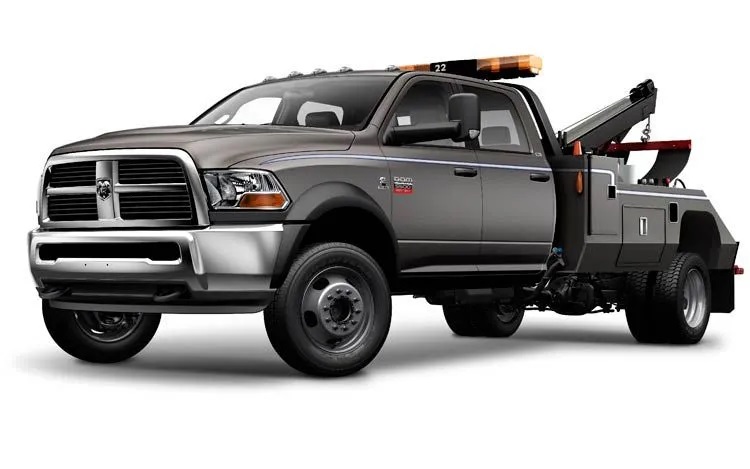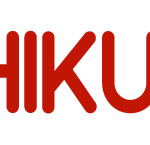
Introduction: In the fast-paced world of towing and recovery services, wrecker operators play a crucial role in ensuring the smooth flow of traffic and helping stranded motorists. However, the risks associated with this profession are undeniable. Wrecker insurance becomes a key element in safeguarding both the operators and their businesses. This article will delve into the intricacies of wrecker insurance, shedding light on its importance and the protection it offers.
The Basics of Wrecker Insurance
Wrecker insurance is a specialized form of coverage designed to address the unique risks faced by towing and recovery businesses. While standard commercial auto insurance may provide some level of protection, wrecker operators require tailored coverage to account for the specific challenges associated with their profession.
One of the primary components of wrecker insurance is liability coverage. This protects operators in case they are deemed responsible for causing bodily injury or property damage while towing or recovering a vehicle. With the unpredictable nature of roadside incidents, having robust liability coverage is essential for wrecker operators to mitigate potential financial losses.
Additionally, physical damage coverage is another crucial aspect of wrecker insurance. This includes protection for the wrecker vehicle itself, ensuring that any damages sustained during towing operations are covered. Given the heavy-duty nature of wrecker trucks and the demanding tasks they perform, this coverage is indispensable in keeping the fleet operational.
Conclusion:
In conclusion, wrecker insurance is not just a legal requirement but a lifeline for businesses operating in the towing and recovery industries. The unique risks associated with this profession necessitate specialized coverage to ensure financial security and operational continuity. By understanding the basics of wrecker insurance, operators can navigate the road ahead with confidence, knowing they are adequately protected.






